In a statement published on July 30, the association Damj for Justice and Equality reported that it has been the object of police harassment. An advocate for LGBTQ+ rights, the organization wrote that police agents had telephoned Damj members to obtain information about their identity, as well as that of visitors to Damj headquarters.
The association has been accused of carrying out suspicious activities and of operating without a legal status. Police reports are underway to dissolve the organization, Damj indicated, iterating that its status is in compliance with the law.
The situation has provoked a backlash from certain civil society actors. A number of public figures and associations such as the Tunisian Human Rights League (LTDH), Lawyers Without Borders (ASF) and the Association for the Defense of Individual Liberties (ADLI) have signed a statement of support for Damj. The text calls for mobilization against « the police state ». They further express their commitment to civil and political gains achieved after the revolution.

Police action against Damj has been carried out within a political climate of hostility towards civil society. « The regime has set out to stifle dissident voices. Civil society actors who defend liberties, whose demands are social and political have clearly been targeted by the regime », says Amine Ghali, program director of the Al Kawakibi Center for Democratic Transition, in an interview with Nawaat. « Threats aiming to restrict the civic space are not new, but they have intensified. We are walking a slippery slope », Ghali warns.
The migration crisis, a pretext for attacking civil society
Such hostility has become amplified since the beginning of the migration crisis in Sfax. In an interview with Prime Minister Ahmed Hachani on August 7, the president criticized local and international NGOs’ position on the situation, without naming any specific organizations. Speaking generally, Saied accused associations of being slow to provide care for migrants. « They pretend to protect migrants, but this so-called protection is limited to false statements » the Office of the Presidency reported on August 7.
Since the expulsion of sub-Saharan migrants from the city of Sfax in the beginning of July, Saied’s virulent comments regarding NGOs have not let up.
Images of sub-Saharan migrants driven out of Sfax towards the country’s southern desert region were widely circulated in national and international media. The humanitarian crisis has been decried by a number of NGOs. Human Rights Watch denounced « serious abuses against Black African migrants by Tunisian authorities ». Local associations, headed by the Tunisian Economic and Social Rights Forum (FTDES), signed a statement to call out the « forced displacement of migrants to desert regions at the country’s borders with Libya and Algeria ».
Kais Saied perceives such remarks as « a threat to Tunisia’s image and to that of its people ». NGOs are manipulating public opinion, was Saied’s argument during a press briefing on July 16 to announce the signing of a « strategic partnership » between the European Union and Tunisia on migration.
Diatribes expressed by the head of state with regards to civil society are nothing unfamiliar in Tunisia. Saied’s rhetoric aims to associate foreign funding for NGOs with foreign interference in Tunisian affairs.

The same rhetoric has been adopted by other political actors in the midst of the recent crisis. Addressing parliament on July 21, Deputy Fatma Msseddi accused associations of compromising the government’s actions to preserve national security. As far as Msseddi is concerned, State security is accomplished by prohibiting foreign funding for NGOs. In this vein, the parliamentarian, who serves on the Rights and Liberties Commission, announced work underway on a parliamentary initiative to amend Decree-law 88 of 2011 regulating non-governmental organizations.
Msseddi is not the only one to associate civil society actors mobilized against the mistreatment of migrants with « suspicious » foreign financing. In a statement published on July 4, the Tunisian Nationalist Party accused civil society and media organizations with overseas funding of conspiring to make Sfax the point of infiltration for Tunisia’s colonization by sub-Saharan migrants.
The Party, known for its xenophobic positions and conspiracy theories, is urging the government to prohibit foreign financing for associations and to freeze the activities of foreign NGOs operating in Tunisia. On August 8, the Party published a statement calling for the creation of a coalition to put an end to overseas funding. « This movement has mobilized across the regions to rally public opinion against civil society », Amine Ghali tells Nawaat.
However, associations have a legal right to receive national or foreign funding resources. What is more, the latter is not exclusive to civil society, but concerns all sectors including state institutions.
Towards the amendment of Decree-law 88
Thus associated with terrorism financing, civil society has been accused of involvement in criminal activities that aim to alter Tunisia’s demographic composition. While the pretext may vary, the goal remains the same: to restrict the civic space by instilling a climate of hostility towards civil society actors critical of the regime.
For months now, the threat of an amendment to Decree-law 88 has loomed over civil society, with a draft law already on the table. Nawaat obtained a copy of the text, which was prepared behind closed doors by the Bouden government. The repressive nature of the proposed amendment is organized into three points: the administration’s considerable discretionary power over the creation of associations, removal of the system of escalating penalties, and the conditionality of foreign funding upon associations’ receipt of a written document from the Tunisian Commission of Financial Analysis (CTAF). Although the draft law has prompted outcry among civil society actors, it is far from being pulled off the table.
« Erosion of the civic space has not yet been formally mandated by a change in the law, however, this isn’t far off » Ghali warns. « We have received information that this draft law is likely to resurface once parliament is back in session ».
In the meantime, some restrictions have already begun to take effect. Aside from Damj, other associations are caught in the line of fire. Seif Eddine Jlassi of the cultural association Fanni Raghman Anni confirmed the organization has already experienced acts of intimidation by the government. « We have been the object of several investigations. First for terrorism-related activities, then for money laundering, and finally for absurd accusations of our intent to undermine State security. On every occasion we have provided the necessary documents proving our innocence. Not a single judicial ruling has been made against us. In spite of this, we have had trouble accessing our funding », Jlassi explains. Confronted with these obstacles, Jlassi evokes the possibility of dissolving his association.
Other restrictions are even more pernicious. According to our sources, some NGOs have seen their partnerships with public actors suspended or frozen. A number of abuses involving individuals who work in civil society organizations have also been reported, especially in the renewal of their identity cards.
With a vital role to play in defending rights and liberties, civil society actors critical of the president’s policies have fallen under the watchful eye of the regime. « First it was the judiciary, then political parties; now it is civil society’s turn. The regime is preparing its attack against one of the last bastions of possible contestation: civil society », Amine Ghali concludes.
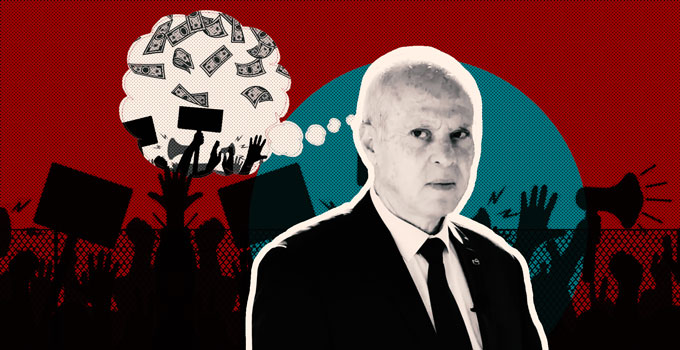
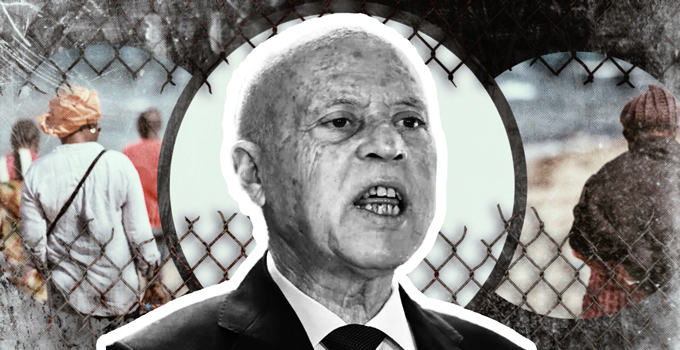
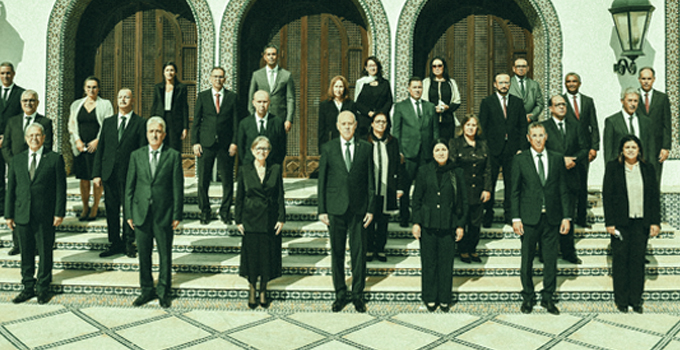
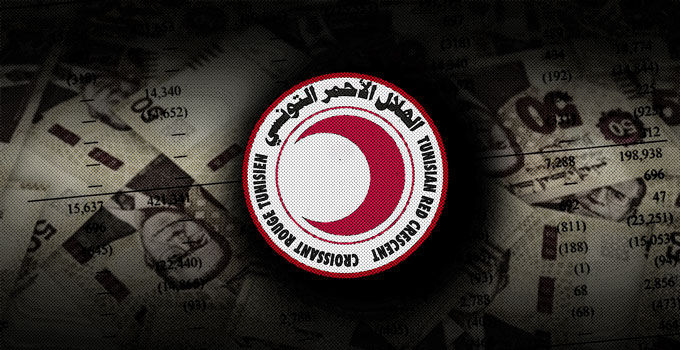
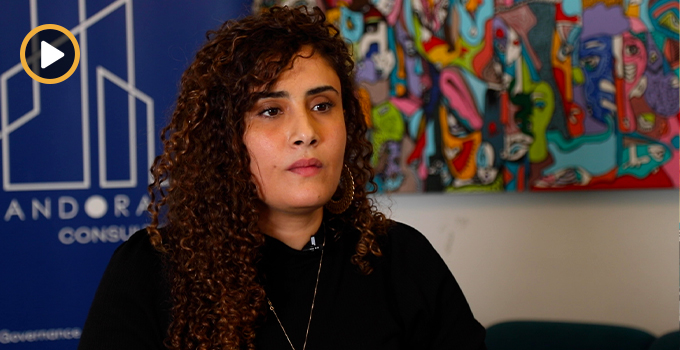
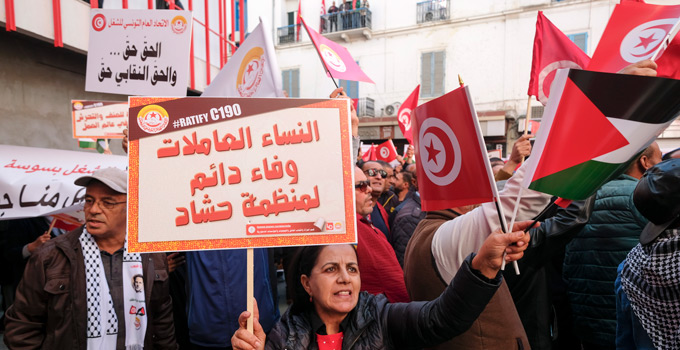

iThere are no comments
Add yours